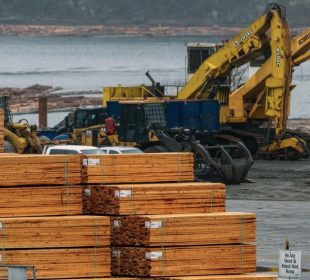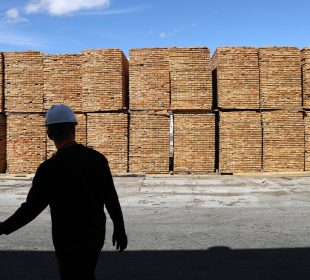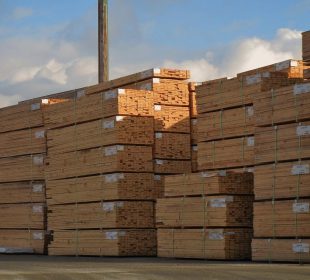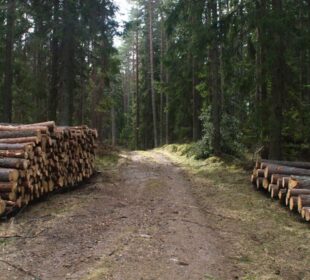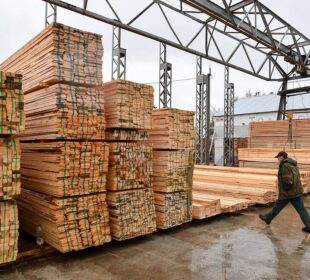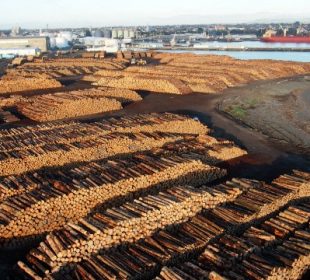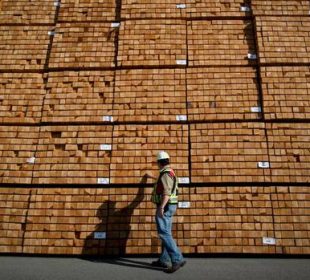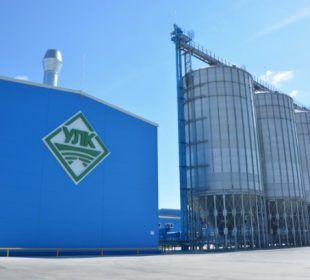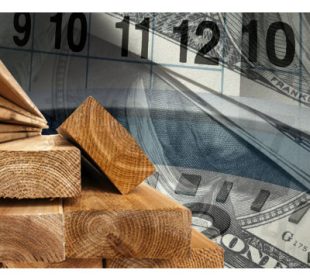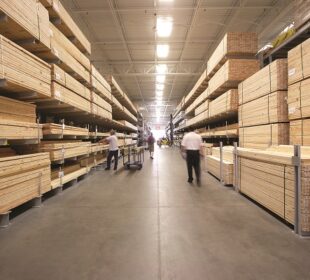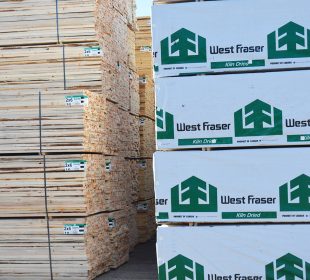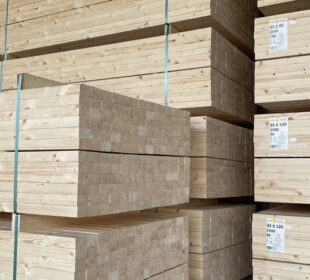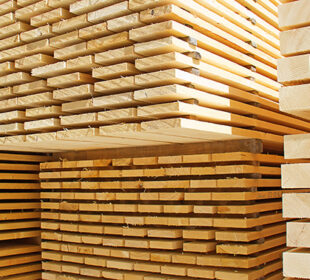The Canadian federal government will defend Canada's softwood lumber industry in the softwood lumber trade and after the US International Trade Commission unanimously voted that the US producers have been affected by imports of subsidized Canadian lumber.
The US Commerce Department last month lowered preliminary duties. Most Canadian producers will pay a combined countervailing and anti-dumping rate of 20.83 per cent, down from 26.75 per cent in the preliminary determinations issued earlier this year, according to the Financial Post.
The ruling virtually ensures that hefty duties on imports of the building material will remain in place for five years. The duties have driven up the price of lumber, adding to the cost of building a home in the United States. Canadian unions and lumber companies fear the issue will eventually cause layoffs.
The US agency voted 4-0 on the 7th of December, along with the US Lumber Coalition, which stated that the Canadian lumber was subsidized and that it was dumped into the American market at artificially low prices.
Most Canadian producers will now pay a combined countervailing and anti-dumping rate of 20.83 per cent, down from 26.75 per cent in the preliminary determinations issued earlier this year. Canadian producers have paid about $500 million in deposits for the duties thus far. The duties have added to the cost of building a home in the United States. Canadian unions and lumber companies fear the issue will eventually cause layoffs
Thus, West Fraser Timber pays the highest duties at 23.7 per cent, followed by Canfor, at 22.13, and Tolko at 22.07. Resolute Forest Products pays duties at 17.9 per cent and J.D. Irving at 9.92 per cent.
Canada’s share of the U.S. market is below 34 per cent.
The U.S. Lumber Coalition, which launched a petition nearly a year ago, applauded the vote.
“The evidence presented to the ITC was clear — the massive subsidies that the Canadian government provides to its lumber industry and the dumping of lumber products into the U.S. market by Canadian companies cause real harm to U.S. producers and workers,” stated co-chairman Jason Brochu.
In its final arguments to the commission, the Canadian government and the lumber industry said there is no evidence the U.S. industry has suffered harm since it is in the midst of the most profitable period on record.
“Any industry can insist that it should have been more profitable than it was,” said the filing. “But the commission should look skeptically upon a claim that a wildly successful industry is suffering or threatened with material injury by reason of subject imports.”


